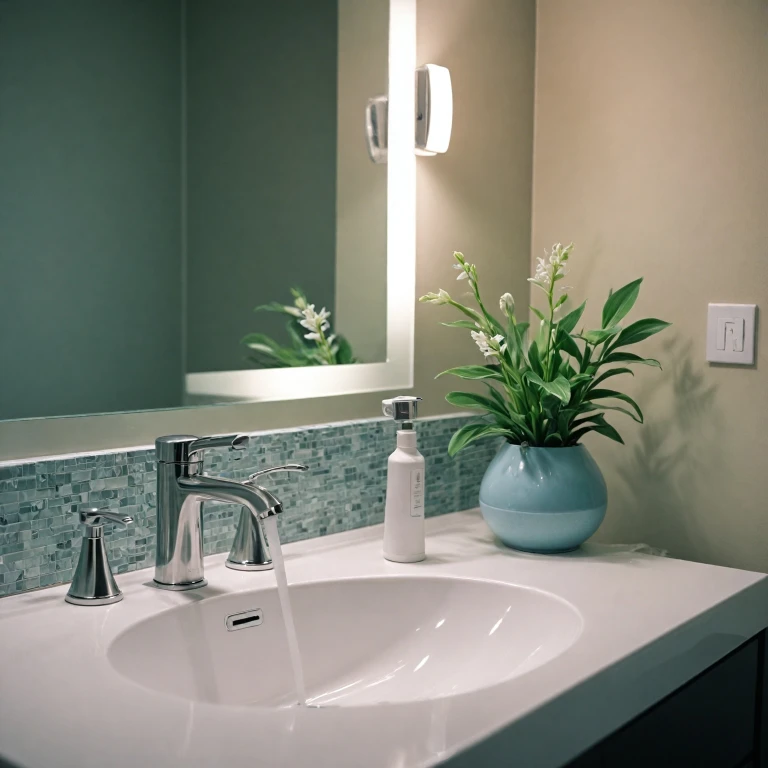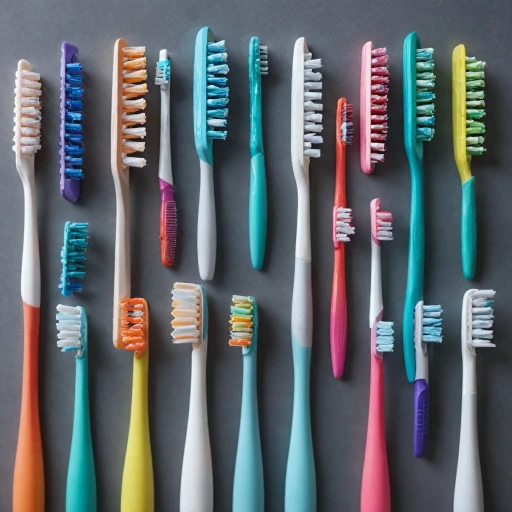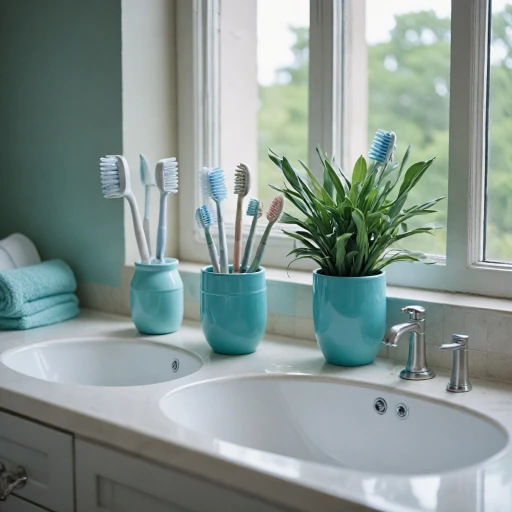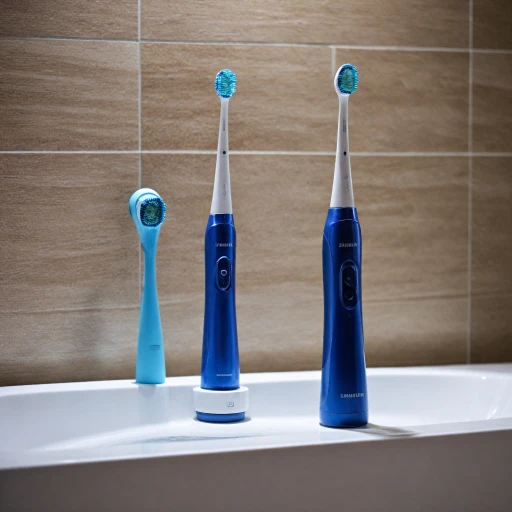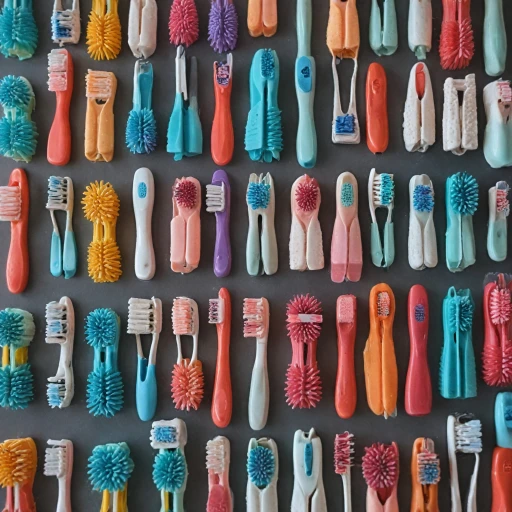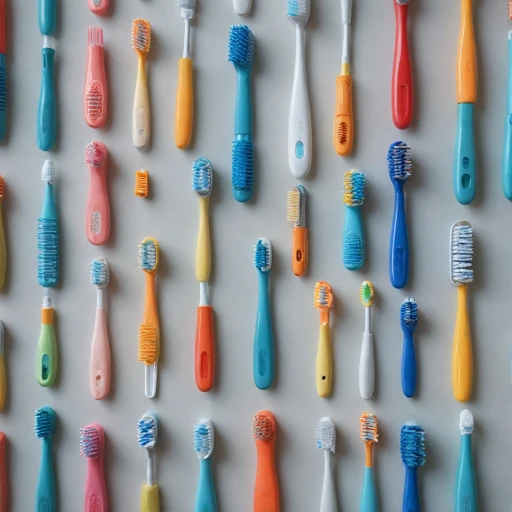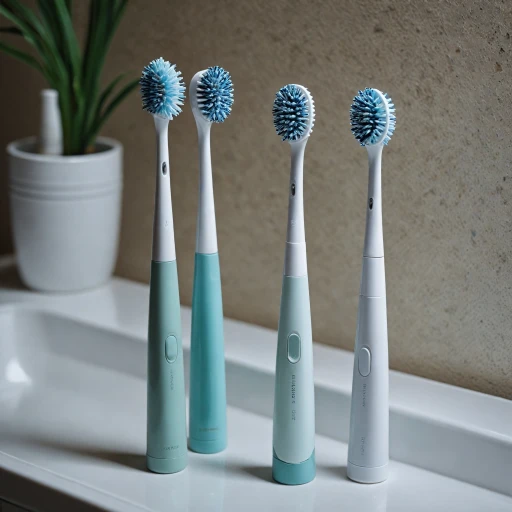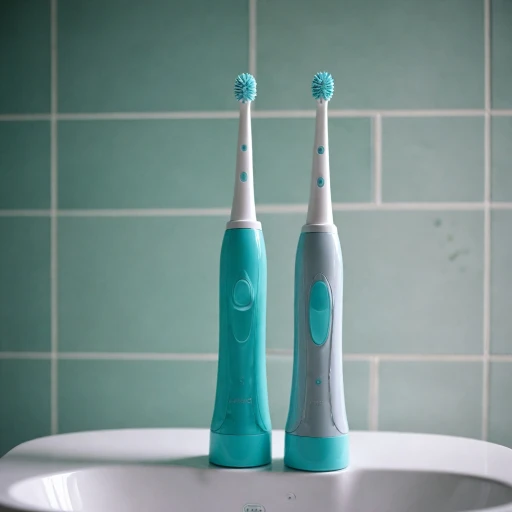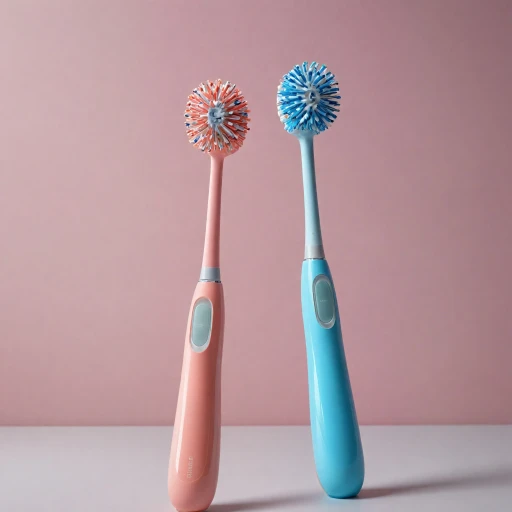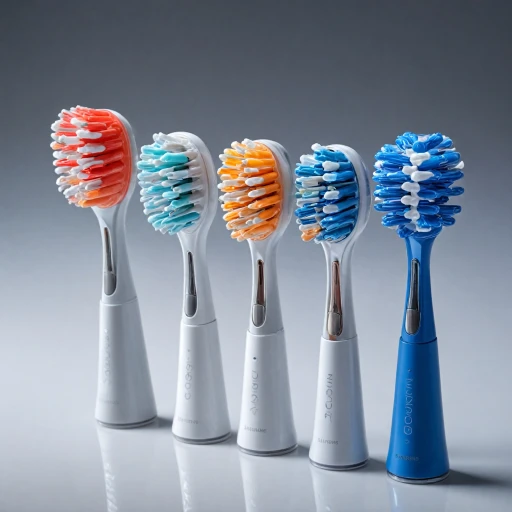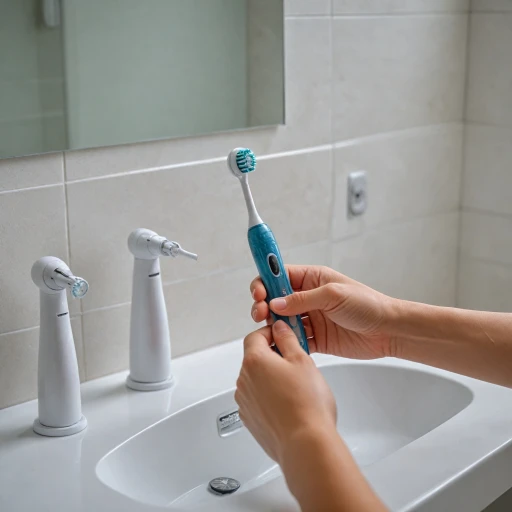
Understanding the Importance of Soft Bristles
Why Soft Bristles Matter for Sensitive Teeth
When choosing an electric toothbrush for sensitive teeth, one of the most crucial aspects to consider is the softness of the bristles. Soft bristles are essential for those with sensitive teeth and gums because they provide a gentle cleaning experience without causing irritation or damage. Hard or even medium bristles can potentially harm your gums and lead to discomfort.
Incorporating an electric toothbrush equipped with soft bristles can significantly impact your overall oral care routine. These bristles ensure efficient plaque removal while being gentle on the enamel and gum line. The use of extra soft bristles can lead to healthier gums and reduce the risk of enamel wear.
Beyond just softness, it is also essential to consider the design of the brush head. Some electric toothbrushes, like those from Philips Sonicare or the Oral Series, offer specifically designed brush heads that enhance the cleaning experience for those with sensitive teeth. The advanced design helps in distributing the pressure evenly, minimizing any potential damage to the gums.
It is also worth noting that using a manual toothbrush might not provide the same benefits as an electric one, especially for those with sensitivity issues. Manual toothbrushes can sometimes apply excessive pressure, leading to gum abrasion. On the other hand, electric toothbrushes often come with a pressure sensor, alerting you when you're applying too much force while brushing.
For those committed to improving their gum health and maintaining tooth integrity, finding the right electric toothbrush for gum health is a worthwhile investment in your oral health routine.
Features to Look for in a Gentle Electric Toothbrush
Key Features for a Comfortable Brushing Experience
When choosing the best electric toothbrush for sensitive teeth, certain features are essential to ensure a comfortable and effective oral care routine. These elements can significantly impact your brushing experience and help maintain healthy teeth and gums.
Soft Bristle Design
Soft bristles are crucial for preventing gum irritation and enamel wear. Look for toothbrushes that offer ultra-soft bristles to gently clean while minimizing the risk of damage. Bristle durability also matters; you don't want them to fray too quickly, which can compromise cleaning effectiveness.
Pressure Sensor Technology
Electric toothbrushes equipped with a pressure sensor can alert you when you're pressing too hard on your teeth and gums. This feature is vital for individuals with sensitive teeth, as excessive pressure can lead to discomfort or even damage.
Adjustable Speed and Modes
Versatility in speed and brushing modes allows for customization based on your specific needs. Many modern electric toothbrushes, like Philips Sonicare, offer modes tailored for sensitive gums and teeth, allowing a more gentle clean.
Sonic Technology
Sonic electric toothbrushes generate rapid brush head movements that can efficiently remove plaque without the need for rigorous brushing. This technology can benefit sensitive teeth by providing a thorough clean without excessive force.
Replacing Brush Heads
Investing in a toothbrush with easily replaceable brush heads is essential for maintaining oral hygiene. Regularly changing the brush head ensures optimal performance and cleanliness. Look for compatible replacement brush options that support an extra soft design.
Travel-Friendly Features
If you're constantly on the go, consider an electric toothbrush with a travel case and good battery life. These features ensure that your oral care routine remains consistent and effective, even while traveling.
By focusing on these crucial features, you can find an electric toothbrush that best suits your sensitivity needs, ensuring a comfortable and effective brushing experience every time.
Top Recommendations for the Softest Electric Toothbrushes
Leading Picks for Opera-like Cleansing
For those with sensitive teeth, selecting the right electric toothbrush can make a notable difference in achieving effective yet gentle oral care. We’ve broken down our top recommendations offering an ultra-soft brushing experience that’ll prioritize your comfort without compromising on cleanliness.- Philips Sonicare ProtectiveClean 5100: This model promises a thorough clean while catering to sensitivity. With its pressure sensor, it gently alerts you when you're brushing too hard, thus safeguarding your gums. The sonic technology helps sweep away plaque even in the toughest spots, maintaining health without discomfort.
- Oral-B Pro 2 2500: Known for its round brush head, this toothbrush surrounds each tooth, providing a gentle but effective cleaning. Its two-minute timer ensures you get the dentist-recommended brushing time, and its sensitivity mode offers an extra-soft experience for those with delicate gums.
- Colgate Hum: A more budget-friendly choice, this toothbrush doesn't skimp on features. With its soft brush heads and sonic vibrations, it allows for a comfortable cleaning sensation. Moreover, a travel case helps keep hygiene in check on the go.
How to Properly Use an Electric Toothbrush for Sensitive Teeth
Ensuring a Safe and Effective Cleaning Routine
Properly using an electric toothbrush specifically designed for sensitive teeth can make a world of difference in your oral care routine. While electric toothbrushes are known for their effective plaque removal, it is crucial to adopt the right techniques to protect your sensitive teeth and gums.
Choose the Right Brush Head
Begin by selecting the appropriate brush head that matches your sensitivity needs. Soft or ultra-soft bristles are recommended as they gently massage the gums without causing irritation. Many electric toothbrushes, including those in the Oral Series, offer a range of replacement brush heads designed for different oral needs.
Employ the Correct Brushing Technique
Hold your electric toothbrush at a 45-degree angle to your teeth. Gently guide the brush head across your teeth without applying heavy pressure. Many modern brushes, like the Philips Sonicare, come equipped with a pressure sensor to alert you when you’re pressing too hard.
Utilize Built-in Features
Take advantage of your electric toothbrush's features such as a minute timer to ensure you're brushing for the recommended two minutes. Sonic electric toothbrushes often have different cleaning modes tailored for sensitive teeth, which can be beneficial for those requiring extra soft care.
Regularly Replace Brush Heads
Over time, bristles wear down and become less effective. Replace your brush heads every three months or sooner if the bristles are frayed. This ensures optimal cleaning performance and safeguarding of your oral health.
Maintain Gentle Pressure
Regardless of the type you choose, always ensure you're applying just enough pressure to clean your teeth effectively without over-exerting force. Many electric toothbrushes prevent aggressive brushing, which is crucial to maintaining healthy teeth and gums.
Comparing Manual vs. Electric Toothbrushes for Sensitive Teeth
Understanding the Differences in Handling Sensitivity
For those with sensitive teeth, choosing between a manual toothbrush and an electric one can be a critical decision in maintaining oral health. While both options have their merits, electric toothbrushes often provide specific advantages, especially regarding sensitivity.
One of the primary considerations is the technique involved in brushing. With a manual toothbrush, it's easy to apply too much pressure, which can aggravate sensitive teeth and gums. In contrast, many electric toothbrushes come equipped with a pressure sensor that alerts you when you're brushing too hard, helping to prevent damage and discomfort.
Additionally, the sonic electric technology in some toothbrushes, such as the popular Philips Sonicare line, can make a significant difference. The bristles of these devices often vibrate at a high frequency to break down plaque and ensure a thorough cleaning without the need for aggressive brushing motions. This can be particularly beneficial for those dealing with sensitive teeth, as it allows for gentle yet effective cleaning.
In terms of cleaning effectiveness, electric toothbrushes, especially those with soft bristles, often surpass manual options. Features like a two-minute timer ensure that you brush for the recommended duration, promoting better oral care routines. Some electric toothbrush heads are also designed specifically for sensitivity, offering extra soft bristles that clean without irritating.
While manual toothbrushes might cost less initially, the price of an electric toothbrush can be justified by its advanced features aimed at protecting and cleaning sensitive teeth more effectively. Replacement heads are another consideration, but they often last longer than manual brushes and provide consistent performance.
In summary, for sensitive teeth, the choice often leans towards electric toothbrushes due to their specialized features targeting gentle, effective cleaning while avoiding unnecessary pressure on teeth and gums.
Maintaining Your Electric Toothbrush for Longevity
Essential Tips to Maximize the Lifespan of Your Electric Toothbrush
When investing in the best electric toothbrush for sensitive teeth, taking proper care of the device is crucial to ensure its longevity and optimal performance. A well-maintained toothbrush not only helps maintain clean teeth but also safeguards your oral hygiene. Here are a few practical tips:- Regular Replacement of Brush Heads: Like the bristles in manual toothbrushes, the brush heads on electric toothbrushes should be replaced every three months or sooner if the bristles are frayed. This is crucial for effective cleaning and maintaining your dental health.
- Battery Maintenance: For electric toothbrushes with rechargeable batteries, ensure you follow the manufacturer's instructions on charging cycles. Overcharging or undercharging can reduce battery life, affecting how long your brush lasts between charges.
- Cleaning After Use: Rinse the brush head thoroughly after each use to remove residual toothpaste and plaque. To avoid moisture build-up, which can weaken the brushing mechanism over time, ensure both the brush head and handle are dry before storing them.
- Proper Storage: Store your electric toothbrush in an upright position within a dry area. Many models come with a travel case, which can be used to keep the toothbrush safe and clean, especially while on the go.
- Utilizing a Pressure Sensor: Electric toothbrushes equipped with a pressure sensor can prevent you from applying too much force, which not only damages the gums but could also wear down the bristles prematurely.
- Sonic Technology Care: If your toothbrush utilizes sonic technology like the Philips Sonicare series, ensure that it's cleaned according to the provided guidelines. Proper cleaning helps sustain its high-speed performance, which is crucial for effective plaque removal.
